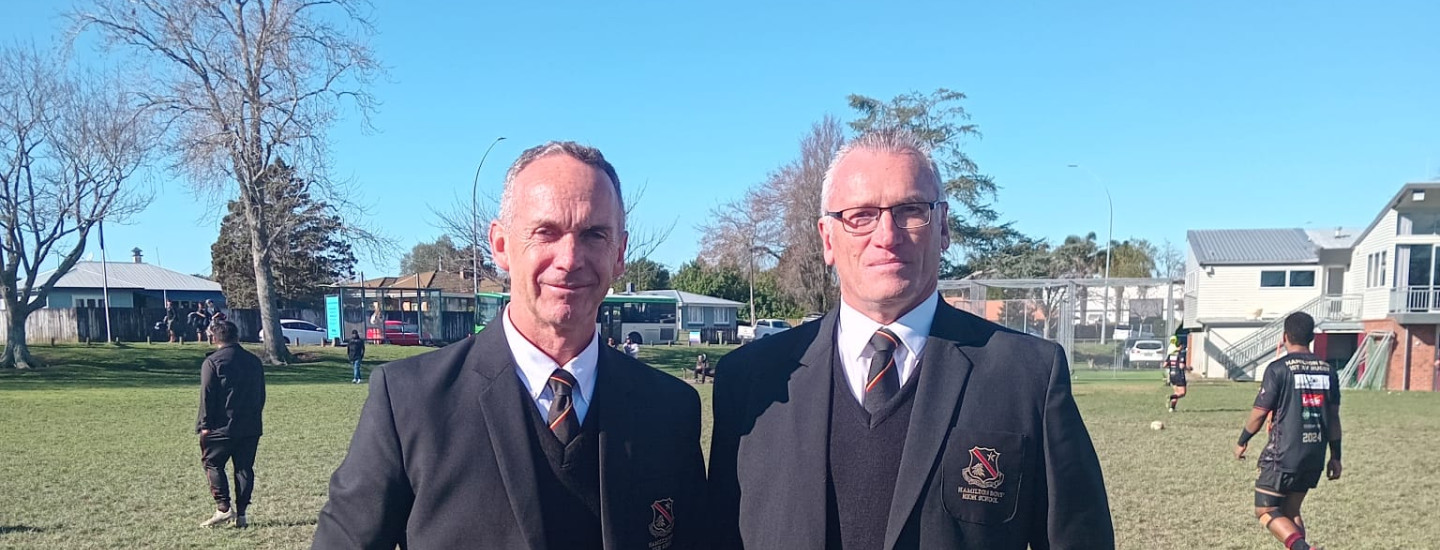Herculean Hotham Era Ends at Hamilton Boys’ High School
24 July 2024Nigel Hotham, the brains behind Hamilton Boys' High School’s world-class rugby programme, has stepped down as the school's first XV coach after a remarkable 21 years at the helm, all of them with Greg Kirkham.
Hotham is shortly heading off to the Touch World Cup 2024 in Nottingham, England, where his son and dentist Legin is playing for New Zealand, and then to the Paris Olympics where his daughter Jazmin is playing for the Black Ferns Sevens looking to defend their gold medal from Tokyo.
After that, Hotham is coaching with USRC Tigers, a struggling rugby club in Hong Kong.
Hotham’s departure marks the end of an era not just for a school that has captured five national top four secondary schools first XV titles, but arguably also for the wider code, given Hotham had become a critical cog in New Zealand's broader rugby machinery by developing and guiding a host of professional players, including six All Blacks.
Halfback Tawera Kerr-Barlow was Hotham’s first All Black.
“Tawera was in my Social Studies class in Year 9. We were discussing goal setting, and I asked each boy to share his goal. When it was Tawera’s turn he boldly stated, ‘I will one day play for the First XV’.
“I hid my smile and replied something like ‘that’s a great goal and it’s important that we do aim high.’ I never imagined at the time that he would develop into such a special player until I saw him training his core halfback skills straight outside my office window,” Hotham recalled.
Hotham’s training session became legendary with Chiefs halfback Xavier Roe remarking.
“I trained harder in the Hamilton Boys’ First XV than I do at Chiefs. The thing about Ham Boys is you know if you’re not pulling your weight, someone else is. The Chiefs are the same but more mature.”
Māori All Blacks co-captain Rameka Poihipi (Ngāti Whakaue) is another product of Hamilton Boys’ High School, Poihipi said this week.
“There are an abundance of players who have Nigel to thank for their careers. The programme is so extensive it sets you up for the mental and physical demands of professional rugby.
“The other thing it does is build special connections. There’s so much training, travel, challenge and fun. The camaraderie is very strong. I consider myself privileged to have been part of it,” Poihipi said.




